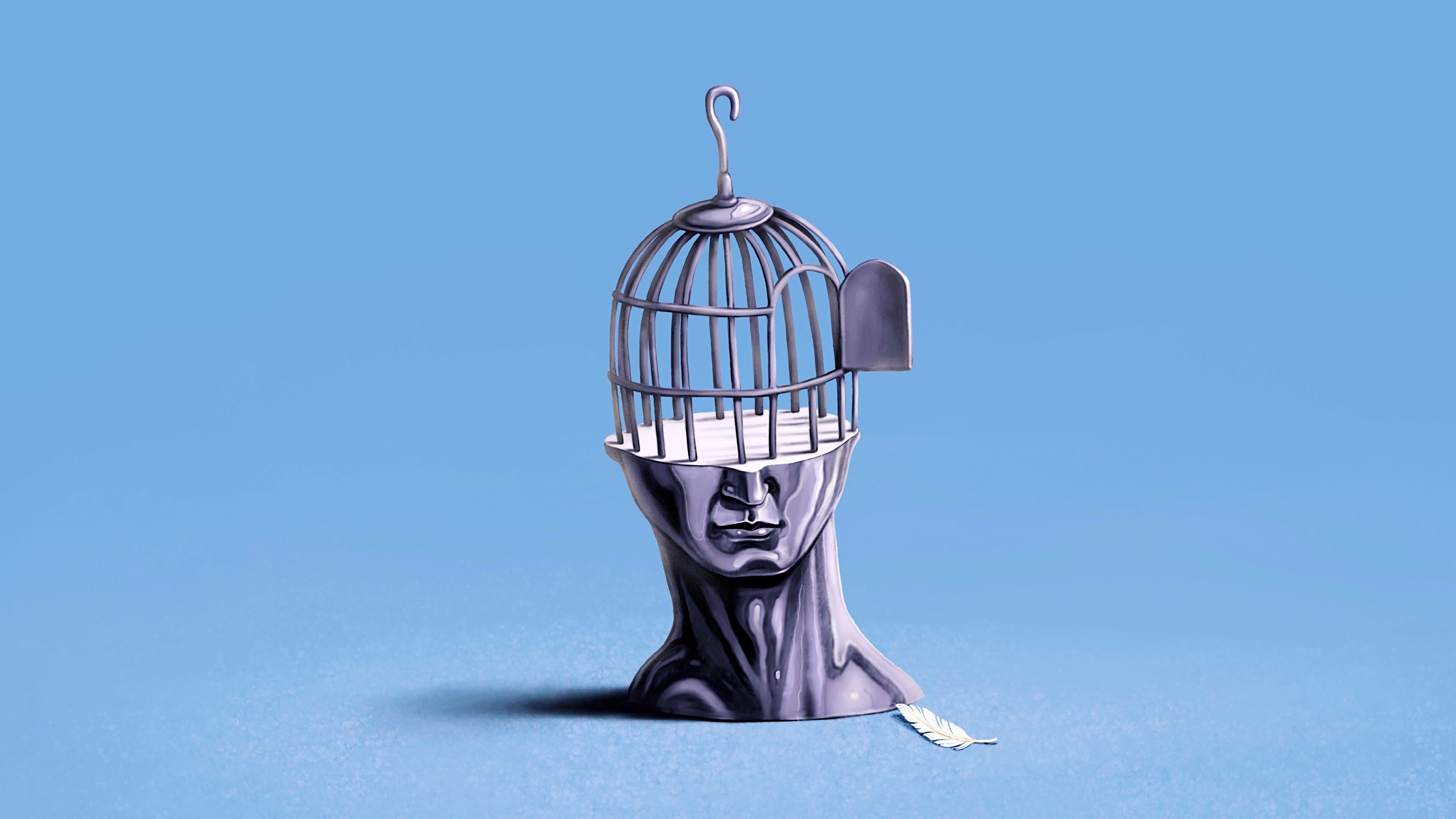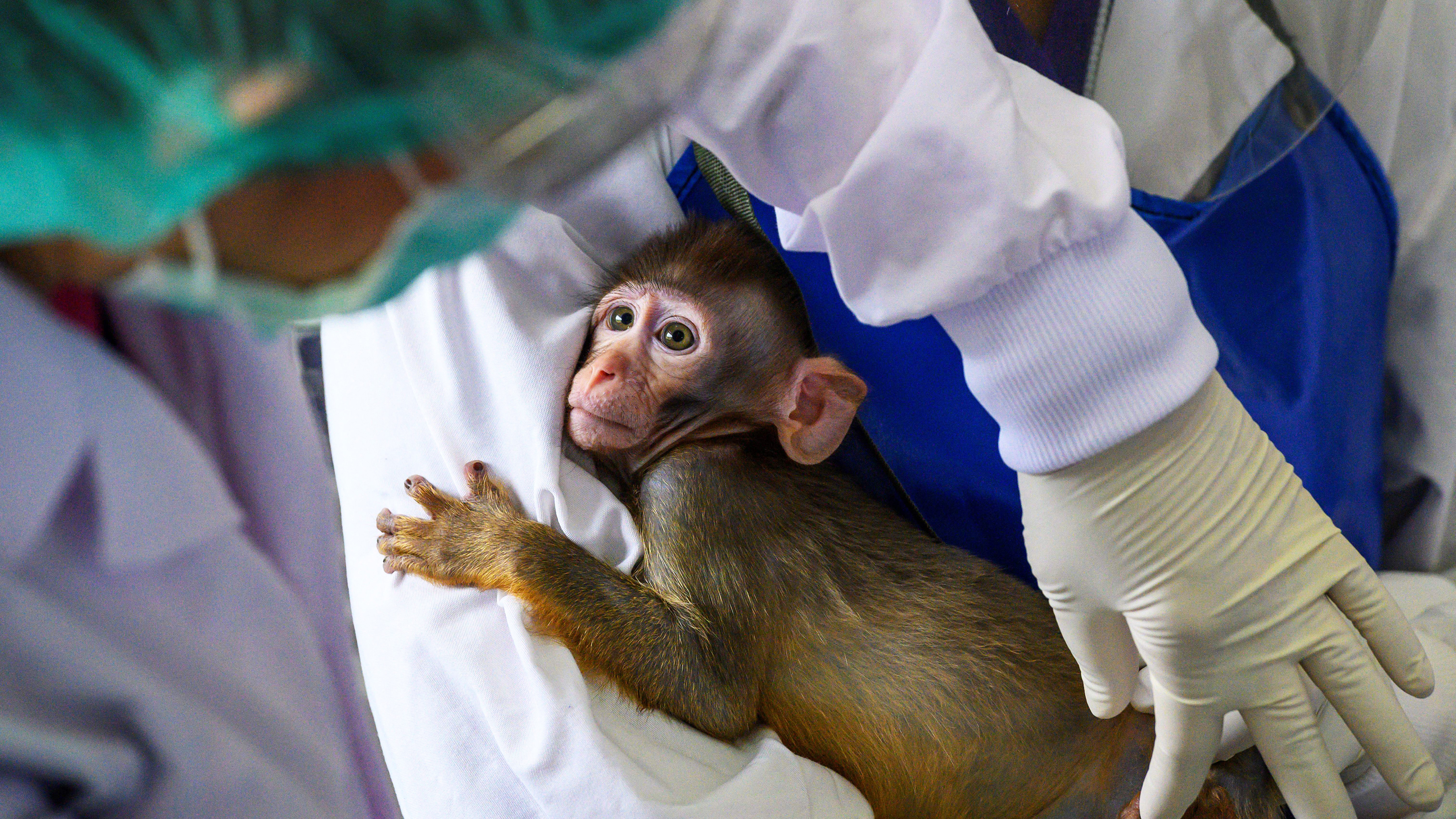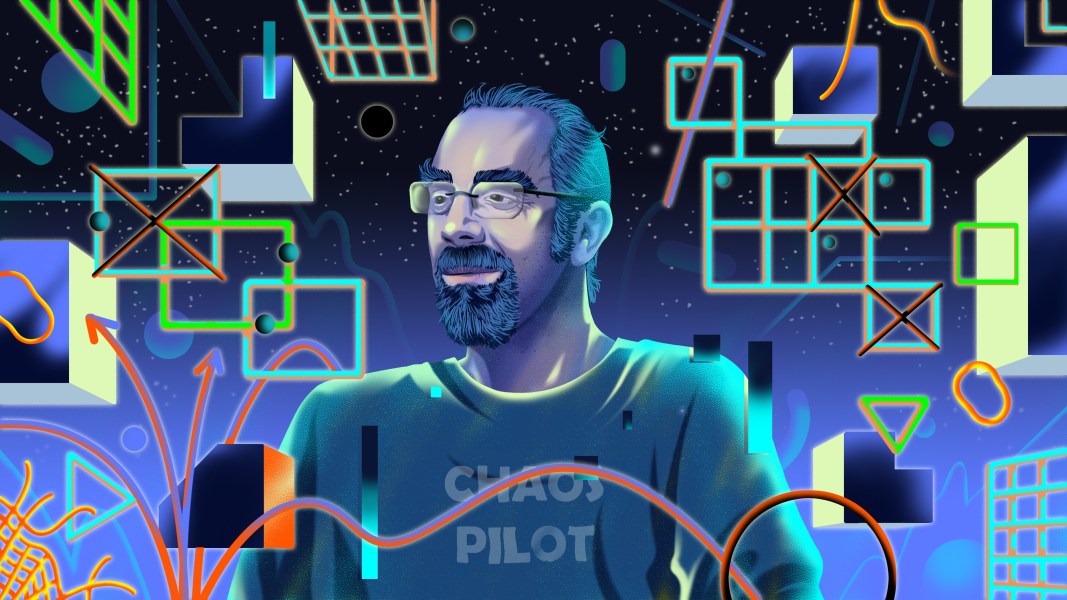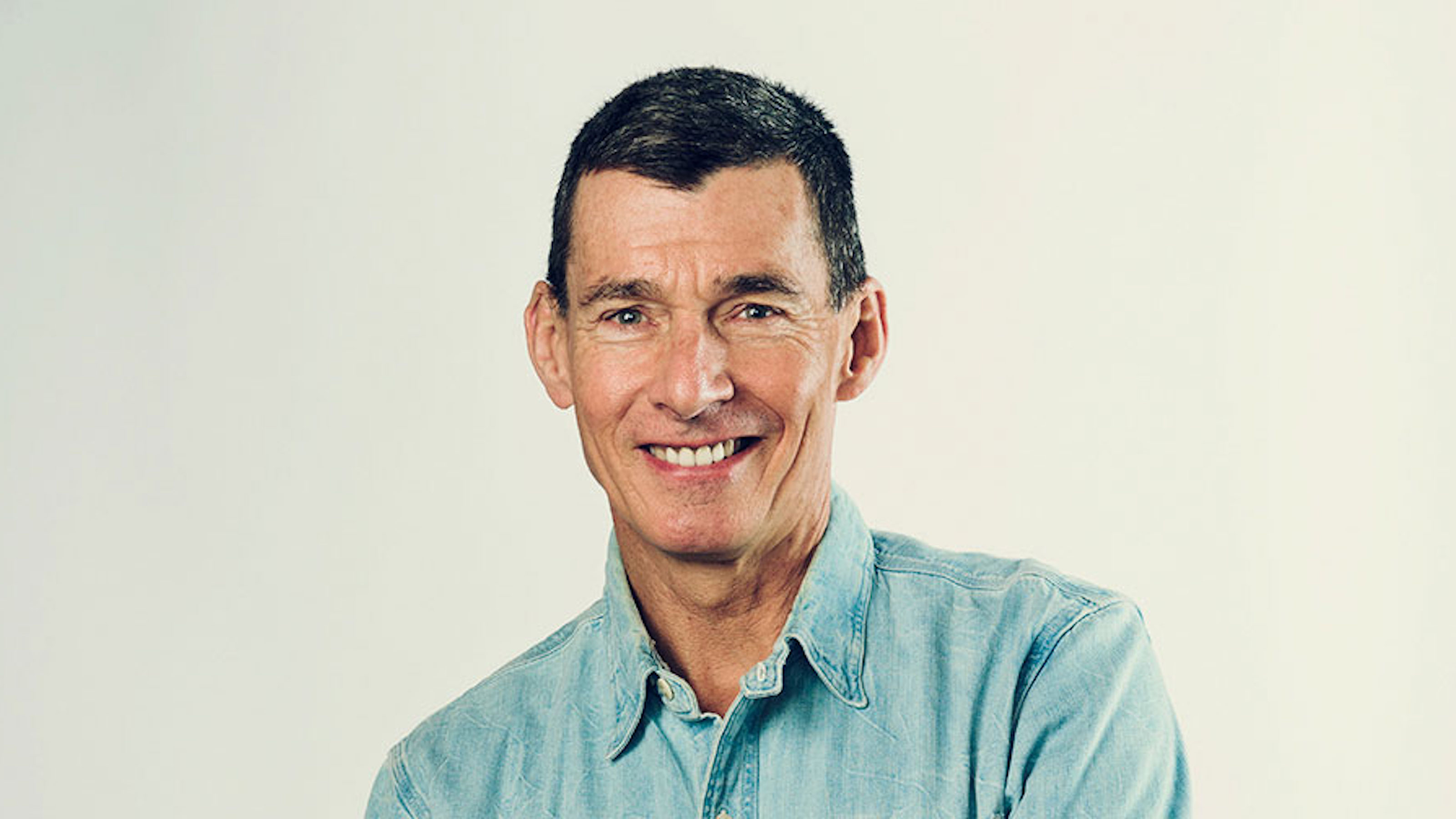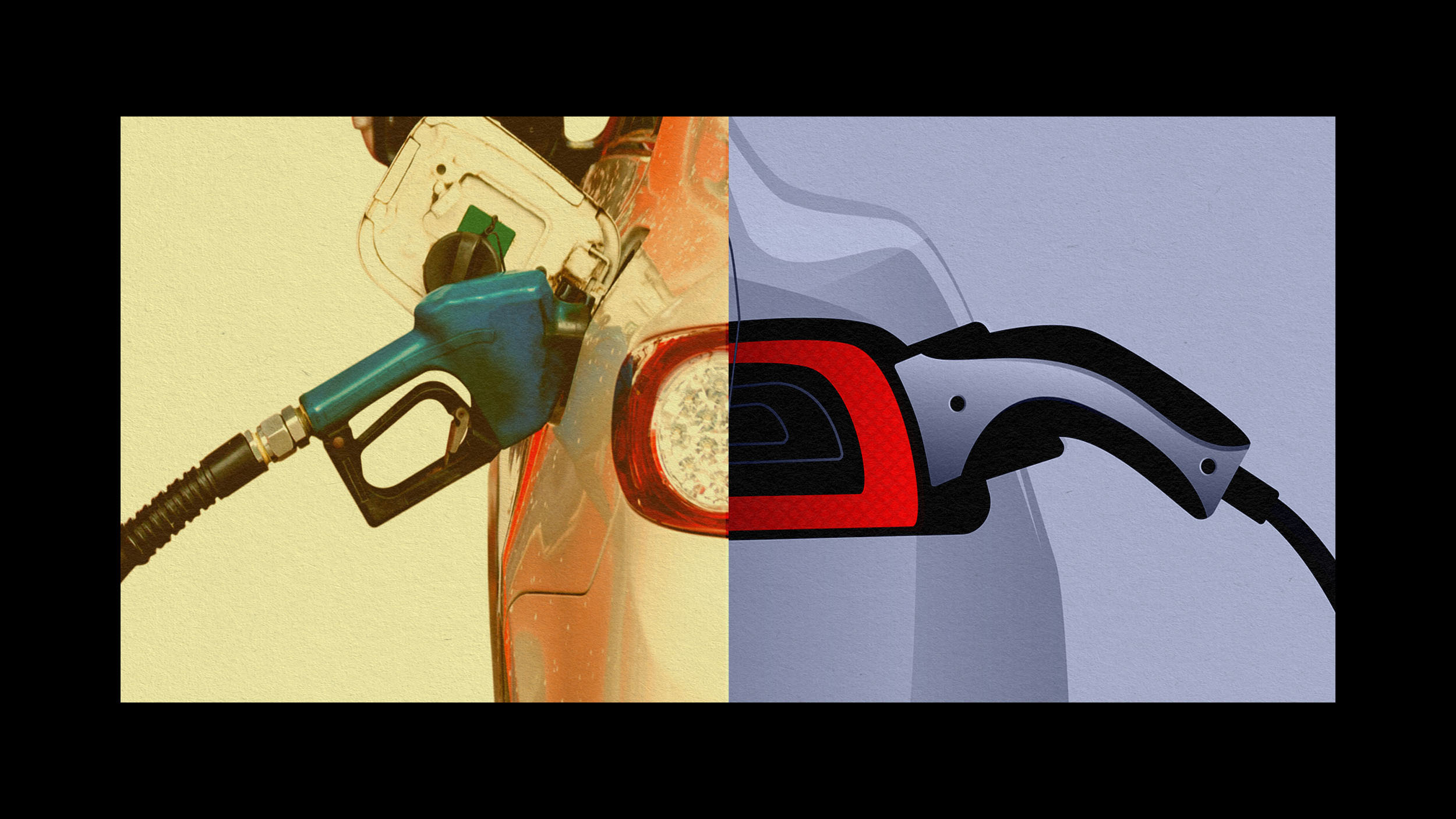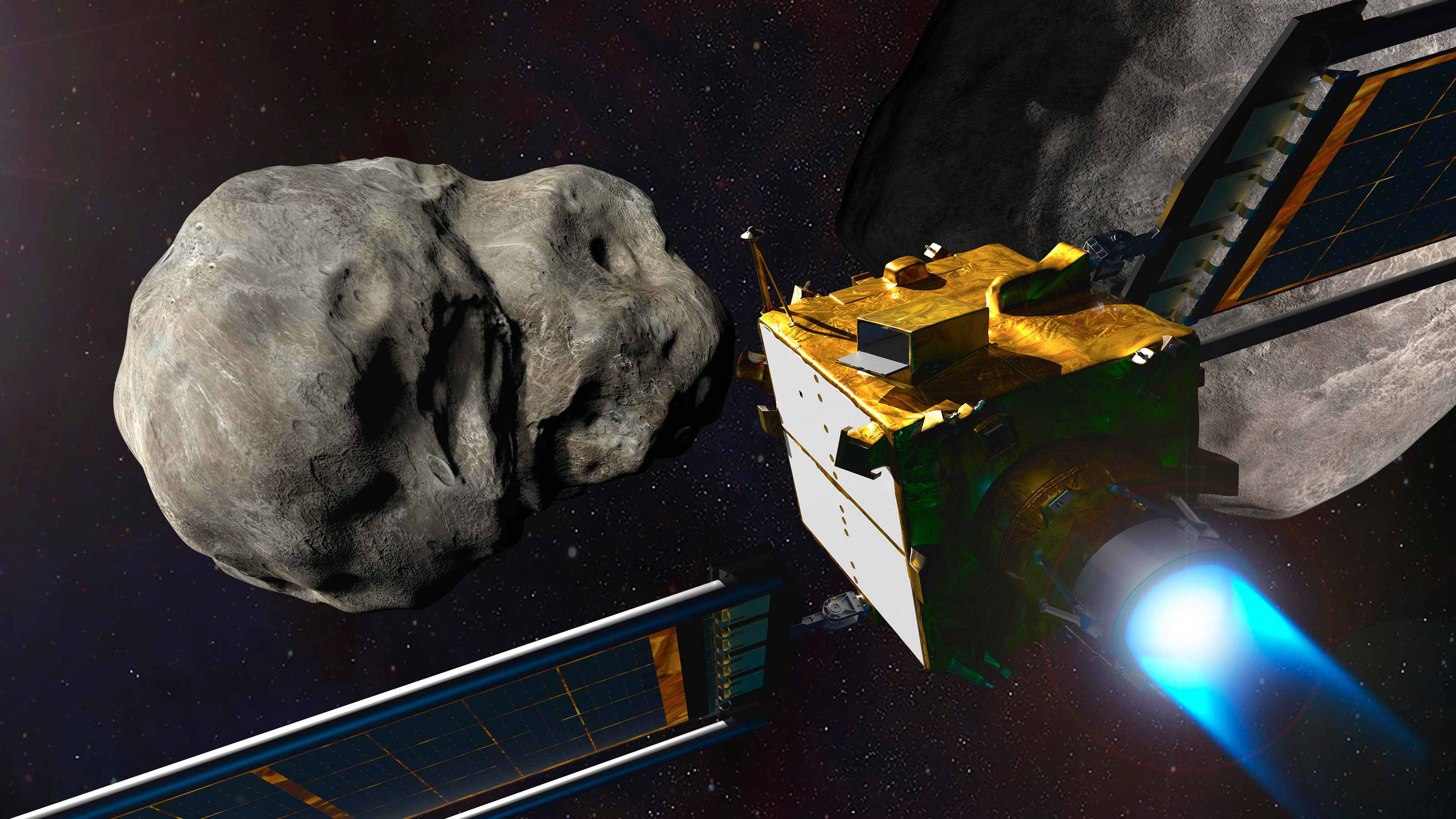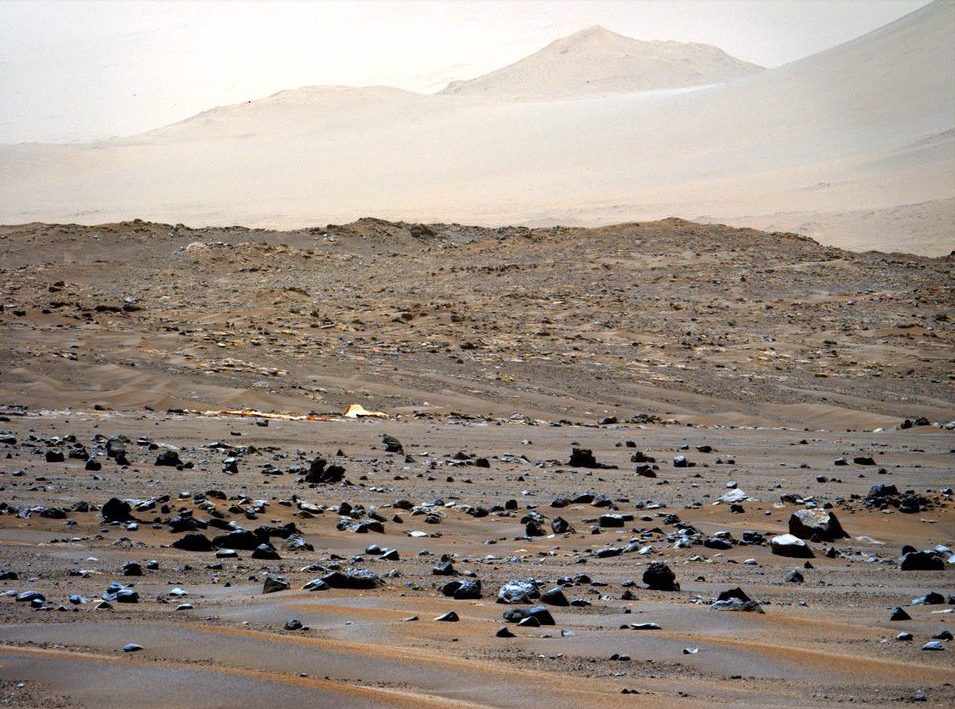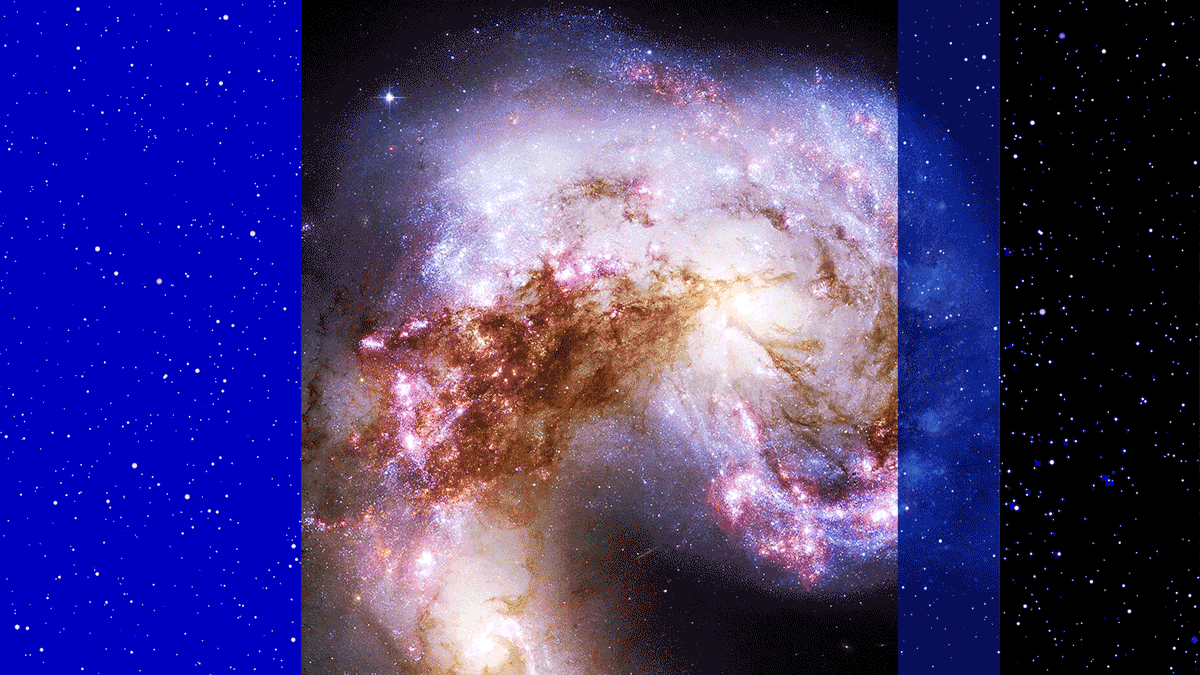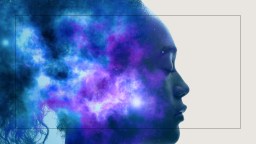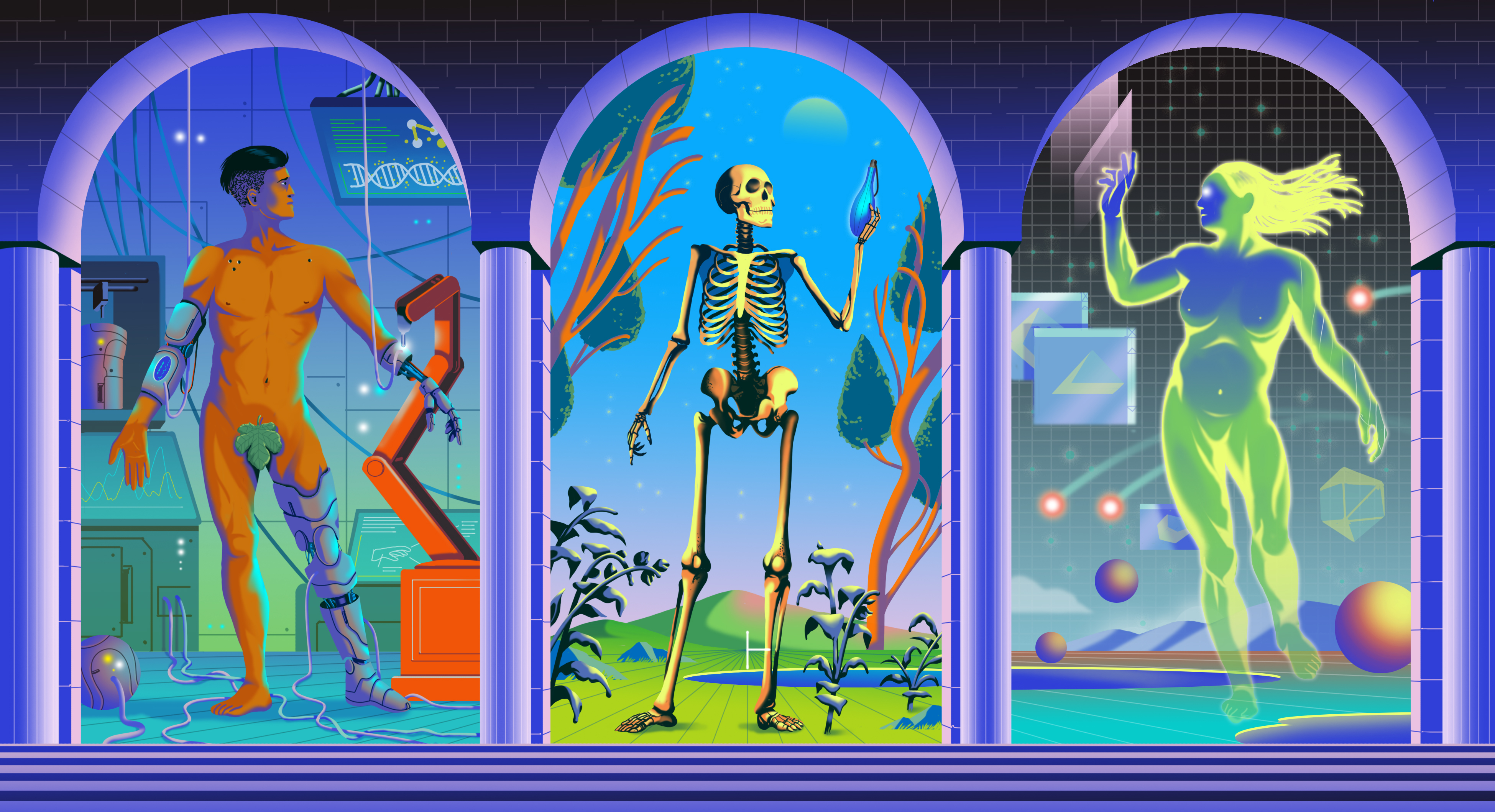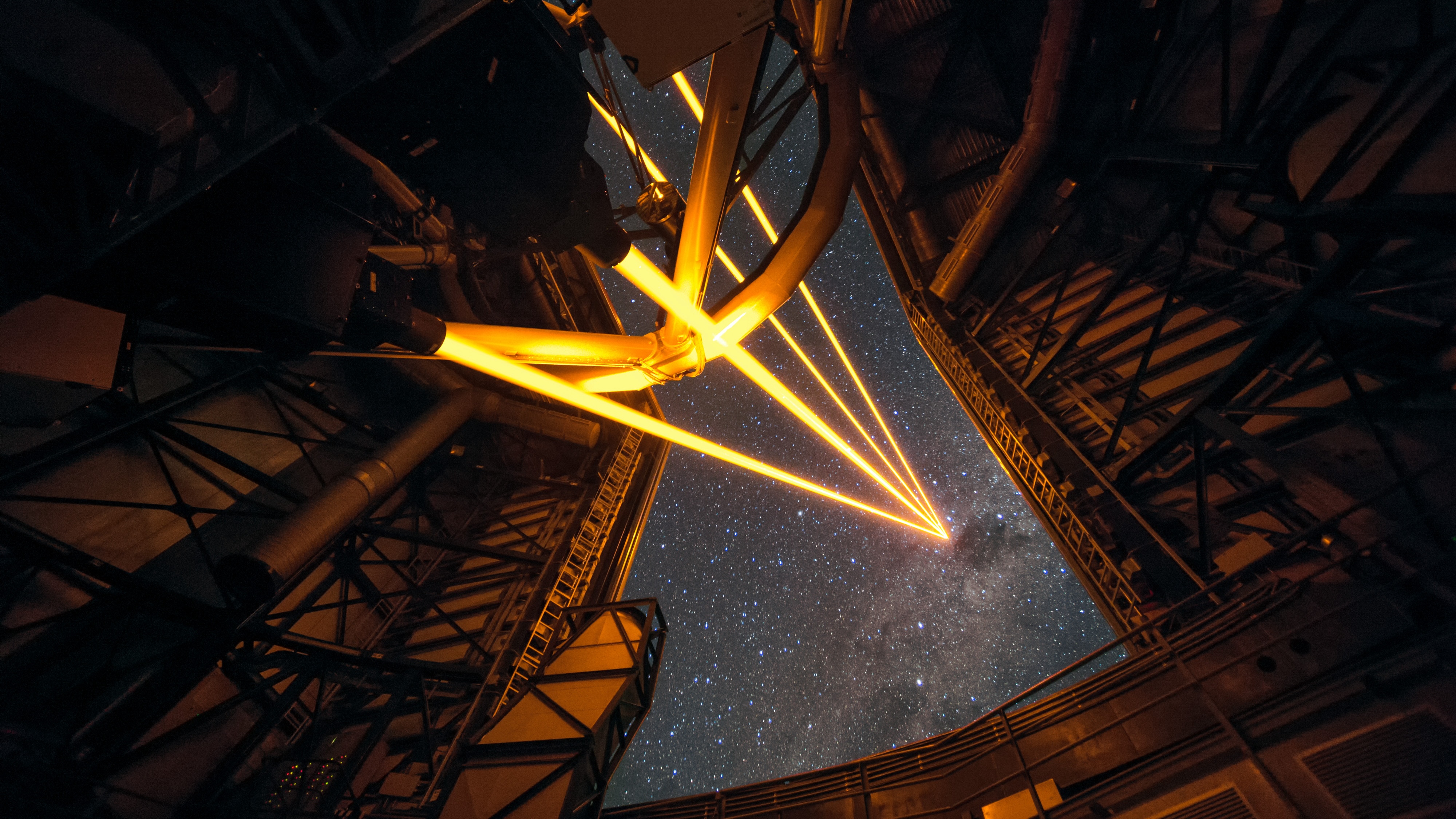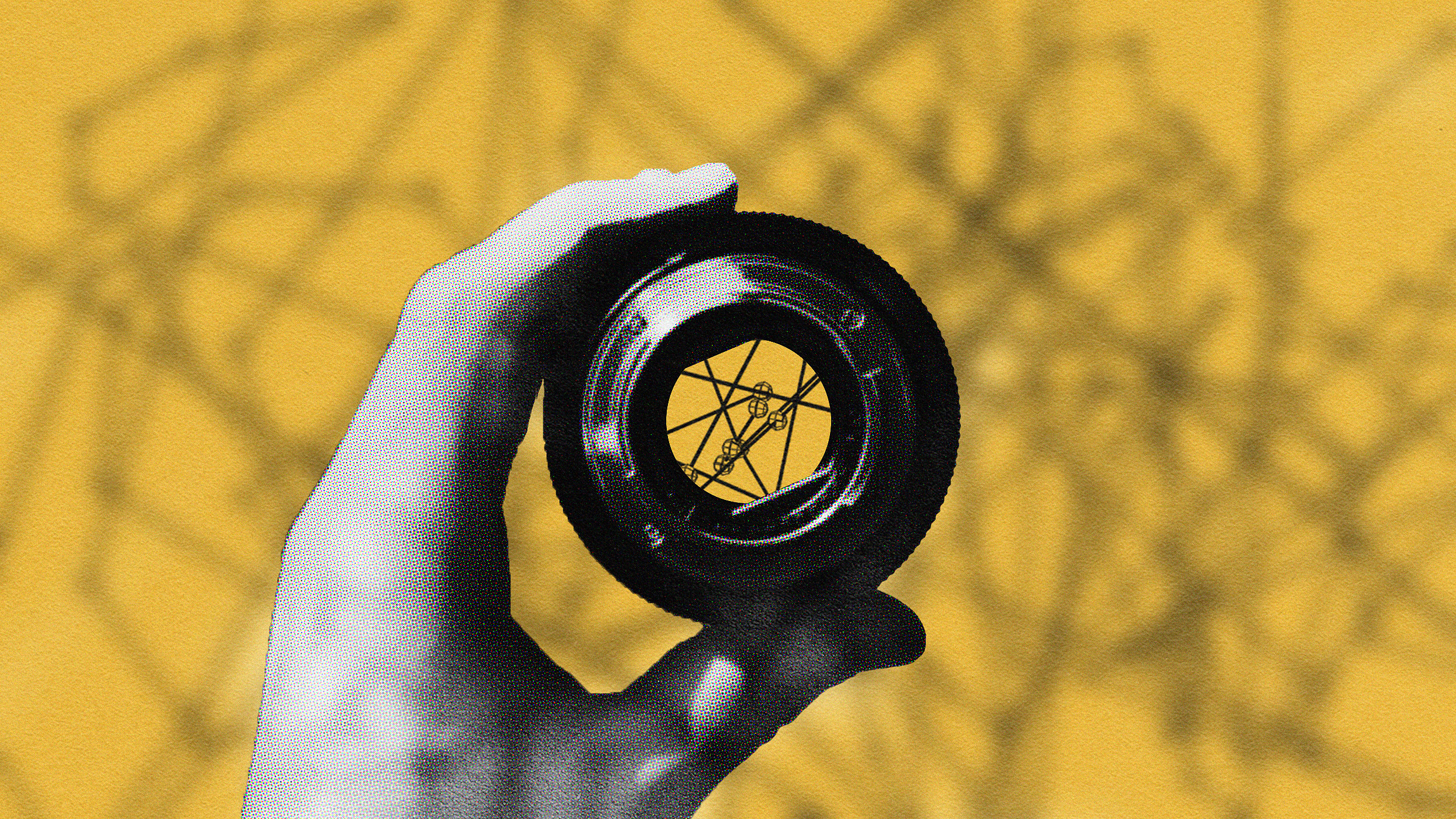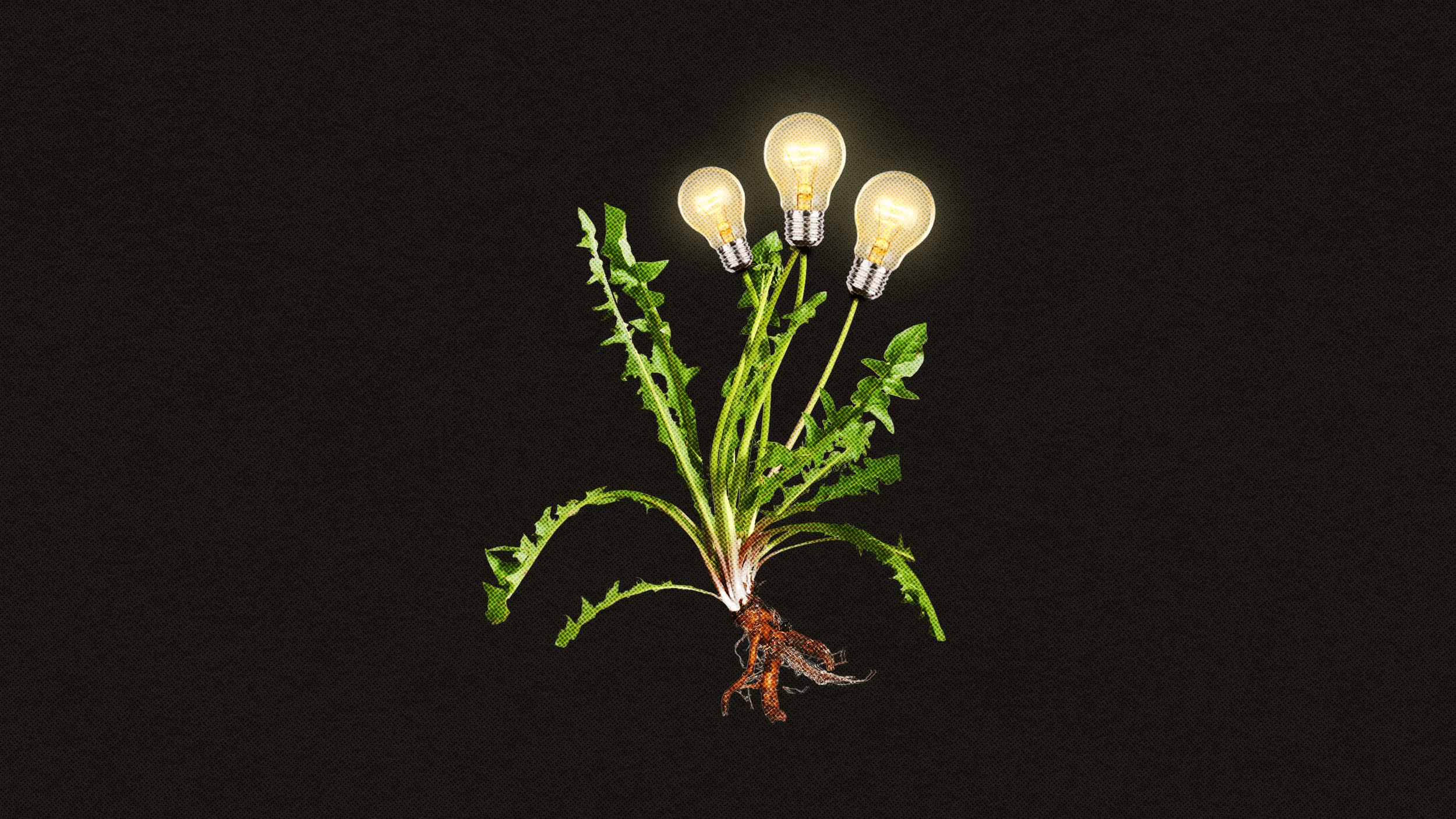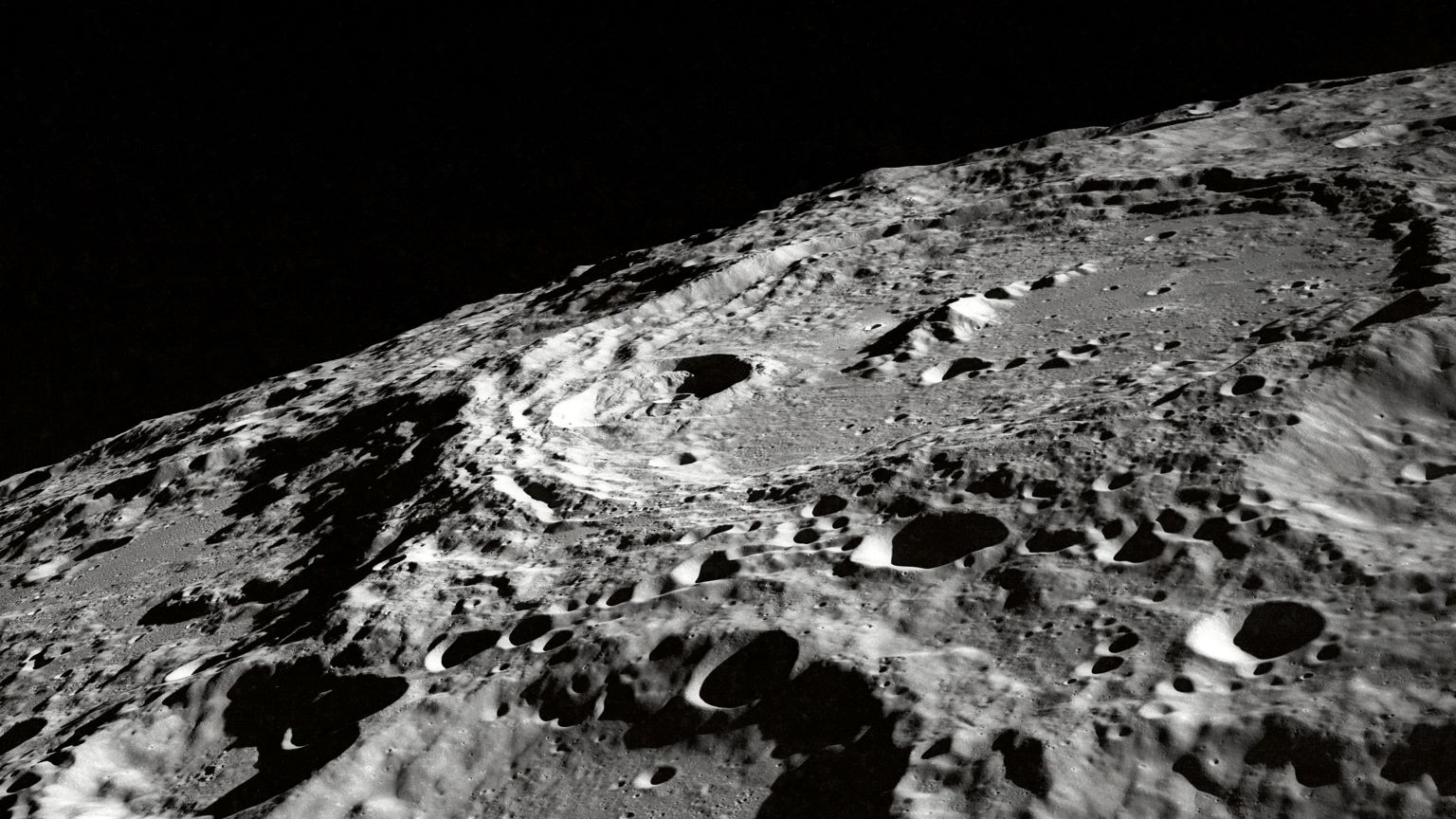What we’ve learning from the world’s coldest, most forbidding, and most peaceful continent.
Search Results
You searched for: Systems
Big Think recently spoke with behavioral scientist and author Katy Milkman about what really motivates us and steers our behavior.
The milestone puts us one step closer to ending the organ shortage.
His grandfather, a member of Oppenheimer’s atomic bomb team, foresaw the potential of nuclear energy to power cities — not destroy them.
The Rubbee X requires almost no setup and is far cheaper than a brand new e-bike.
Cognitive psychologist and poet Keith Holyoak explores whether artificial intelligence could ever achieve poetic authenticity.
Times of crisis tend to produce “hard” leaders, but — driven by Generations Y and Z — a softer leadership style has taken root globally.
Finding this missing piece of water’s path through the universe offers clues to how it came to be on Earth.
Former Levi Strauss & Co. CEO Chip Bergh revitalized the brand with a visionary innovation plan.
Earth is not a benign mother. We have begun to witness what happens when it unleashes its fury.
A new analysis suggests previous “total cost of ownership” studies overlooked key factors.
You can’t farm spiders — but putting spider genes into silkworms works even better.
A food safety researcher explains another way to know what’s too old to eat.
Using image analysis tools developed for astronomy, researchers are predicting cancer therapy responses.
Sixty years ago, the Soviet Union was way ahead of the USA in the space race. Then one critical event changed everything.
Yes, NASA’s Perseverance rover found organics on Mars. So did Curiosity. Unfortunately, that doesn’t mean anything in the search for life.
Sun-like stars live for around 10 billion years, but our Universe is only 13.8 billion years old. So what’s the maximum lifetime for a star?
The Universe has been creating stars for nearly all 13.8 billion years of its history. But those photons can’t match the Big Bang’s light.
Enlightenment is a traditionally mystical and slippery concept, but when it is subjected to the rigors of empirical analysis, there is a lot to be learned about our brains and ourselves.
▸
10 min
—
with
Proponents of transhumanism make big promises, such as a future in which we upload our minds into a supercomputer. But there is a fatal flaw in this argument: reductionism.
The placebo effect is real. So are the ethical conundrums posed by those who would exploit the latest research advances for profit.
Lasers, mirrors, and computational advances can all work together to push ground-based astronomy past the limits of our atmosphere.
Welcome to The Nightcrawler — a weekly newsletter from Eric Markowitz covering tech, innovation, and long-term thinking.
How did the troughs form?
What the breakthrough methods of laboratory research can teach the business world about brainstorming.
Studying why innovation clusters form can shed light on how to better promote research and growth.
“The surface is no longer a record of every impact the moon has ever had, because at some point, impacts were erasing previous impacts.”
If tourism is the lifeblood of the Peruvian economy, then Machu Picchu is the heart pumping that blood — in sickness and in health.

